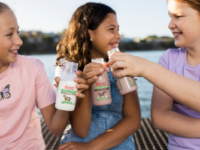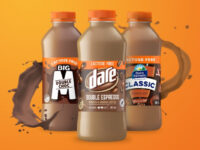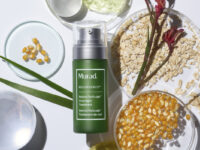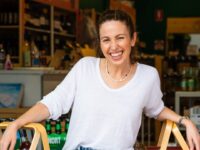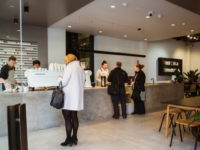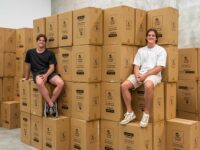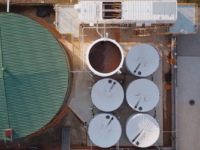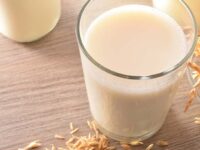 Confectionery giant Nestlé announced on Tuesday that it will start to drop plastic straws from its products next month and is working on biodegradable water bottles in a drive to reduce plastic waste.
Confectionery giant Nestlé announced on Tuesday that it will start to drop plastic straws from its products next month and is working on biodegradable water bottles in a drive to reduce plastic waste.
Nestlé is rolling out alternative packaging materials across its global product portfolio as part of its commitment to make 100 per cent of its packaging recyclable or reusable by 2025.
“Our broader vision and action plan outline our commitment and specific approach to addressing the plastics packaging waste issue,” Nestlé CEO Mark Schneider said.
“While we are committed to pursuing recycling options where feasible, we know that 100 per cent recyclability is not enough to successfully tackle the plastics waste crisis. We need to push the boundaries and do more,” said Schneider.
“We are determined to look at every option to solve this complex challenge and embrace multiple solutions that can have an impact now. We believe in the value of recyclable and compostable paper-based materials and biodegradable polymers, in particular where recycling infrastructure does not exist. Collective action is vital, which is why we are also engaging consumers, business partners and all of our Nestlé colleagues to play their part. You can count on us to be a leader in this space!”
Starting next month, the company will eliminate all plastic straws from its products and will start using paper packaging for Nesquik in the first quarter of 2019 and for the Yes! snack bar in the second half of 2019. Smarties will also have plastic-free packaging in 2019 while Milo will be in paper-based pouches in 2020.
Nestlé Waters will increase the recycled PET content in its bottles to 35 per cent by 2025 globally and will reach 50 per cent in the US, with a specific focus on its iconic brand Poland Spring. It will also increase the recycled PET content for its European brands including Acqua Panna, Buxton, Henniez and Levissima to 50 per cent by 2025.
Nestlé Institute of Packaging Sciences is exploring new paper-based materials and biodegradable/compostable polymers that are also recyclable. It has partnered with Danimer Scientific to develop a marine biodegradable and recyclable bottle for its water business.




